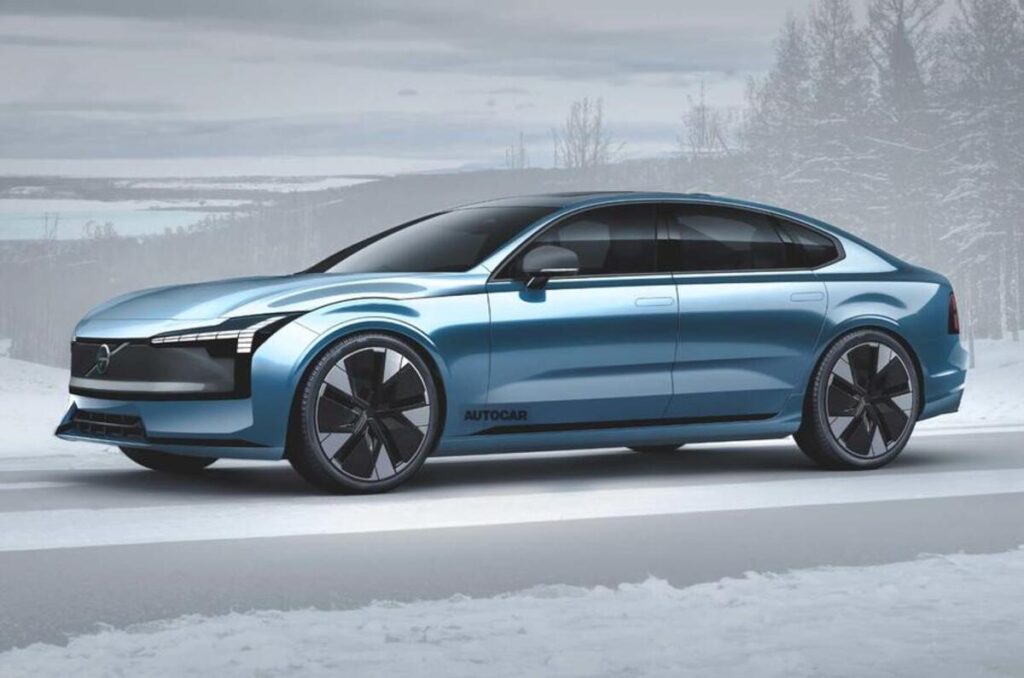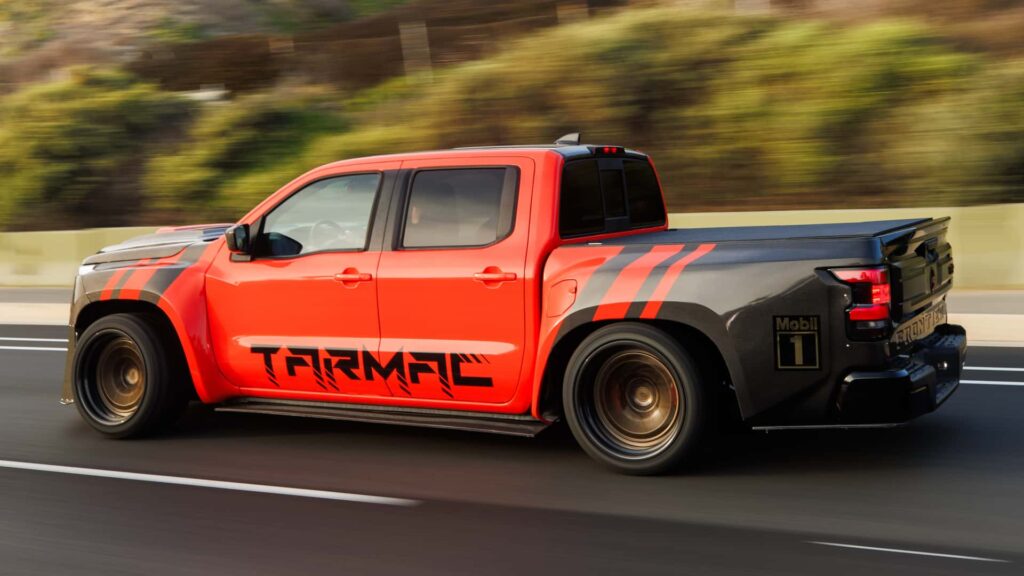EX60 to help drive mainstream EV uptake from 2026
The XC60 has long been Volvo’s best-selling model, with Rowan describing it as the “workhorse” of the line-up, so it is notable that Volvo has waited for EV technology to develop before launching an electric equivalent. But that model, the EX60, will arrive in 2026 and Volvo chiefs have previously described it as a “huge boost” in the firm’s electrification plans.
Notably, the EX60 will be the first model to use the new SPA3 platform, which is effectively a heavy development of SPA2. It will feature deeper integration of the core computing software stack, but the primary focus is that it’s designed to be far more scalable: Volvo says it can accommodate cars smaller than the EX30 and larger than the EX90.
The platform will also enable the use of parts produced by megacasting, a process that Volvo will introduce at its main Torslanda factory in Gothenburg. This will allow entire sections of cars to be produced as single parts rather than as large numbers of individual parts, with the rear floor section of the EX60 likely to be the first to benefit from it. This method cuts production costs, increases rigidity and makes the parts lighter.
Few technical details of the EX60 have been revealed but, like the ES90, it will be offered in singleand dual-motor forms and use the same advanced infotainment system.
Electric estate on the cards for future line-up
The arrival of the ES90 and EX60 will give Volvo six EVs in the European market. Three further models are also in development, with Rowan saying that “some of them will be an electrification of our current models and some will take us into new segments”.
The only models in Volvo’s current combustion line-up that aren’t confirmed to get a direct electric equivalent are the S60 saloon and the V60 and V90 estates. Volvo has a rich history of estates, but the demand for such models has waned in recent years and they aren’tpopular in the crucial Chinese market. However, when asked about electric estates recently, Rowan hinted that the firm is “looking at that”.


